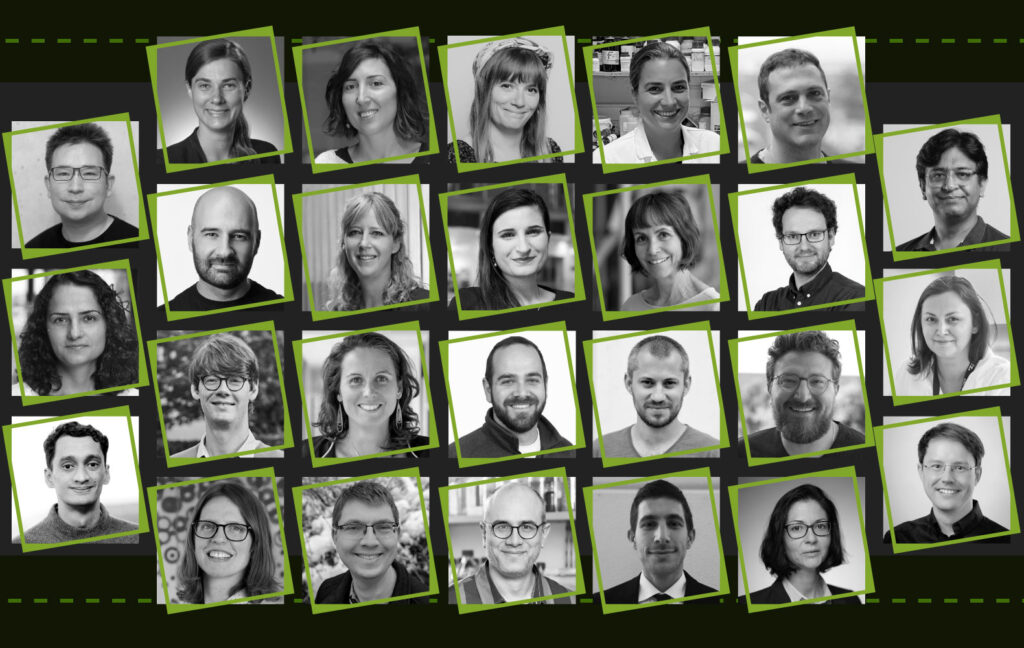5 December 2023 – 26 scientists have been selected to join the EMBO Young Investigator Programme, an initiative that supports excellent young group leaders in the early stages of their independent careers.
Starting in January 2024, the new EMBO Young Investigators will receive a wide range of financial and practical support. Their research topics include detailing the mechanisms underlying serious health conditions, exploring the evolution of multicellular life, and investigating how interactions amongst sea creatures impact carbon capture in the oceans.
Fiona Watt, EMBO Director said: “Connections made early in your career can play a defining role in your scientific journey, regardless of the chosen path. The Young Investigator Programme aims to catalyze such interactions by offering scientists opportunities to build international networks and explore different ways of doing science. The exceptional young scientists joining the programme will, no doubt, have a tremendous impact in their respective research fields in the years ahead.”
Of the 26 researchers who will join the EMBO Young Investigator Programme, 12 are women (46%) and 14 are men (54%). They are based in eight Member States of the EMBC, the intergovernmental organization that funds the main EMBO Programmes and activities, along with India.
Through the EMBO Young Investigator Programme, participants have access to a wide range of benefits, including networking opportunities, training in leadership skills and responsible research practices, support for lab members, and access to core facilities at the European Molecular Biology Laboratory (EMBL).
Young Investigators receive an award of 15,000 euros in the second year of their tenure and can apply for additional funding of up to 10,000 euros per year. Travel grants and mentorship opportunities are amongst many other benefits.
The new EMBO Young Investigators join a community of more than 700 current and former EMBO Young Investigators, Installation Grantees and Global Investigators. The new intake expands the current enrollment on the EMBO Young Investigator Programme to 151 researchers.
The EMBO Young Investigator Programme had a success rate of 13% in 2023. Eligible candidates must have less than four years’ experience in independent research positions at the time of application and have an excellent track record of scientific achievements.
Research must be carried out in an EMBC Member State, an EMBC Associate Member State (currently India and Singapore), or in countries or territories covered by a co-operation agreement (currently Taiwan and Chile). For further details about the programme, including eligibility criteria and the application process, please visit: www.embo.org/funding/fellowships-grants-and-career-support/young-investigator-programme
New EMBO Young Investigators
| Name | Project title | Affiliation | Institute location |
|
|---|---|---|---|---|
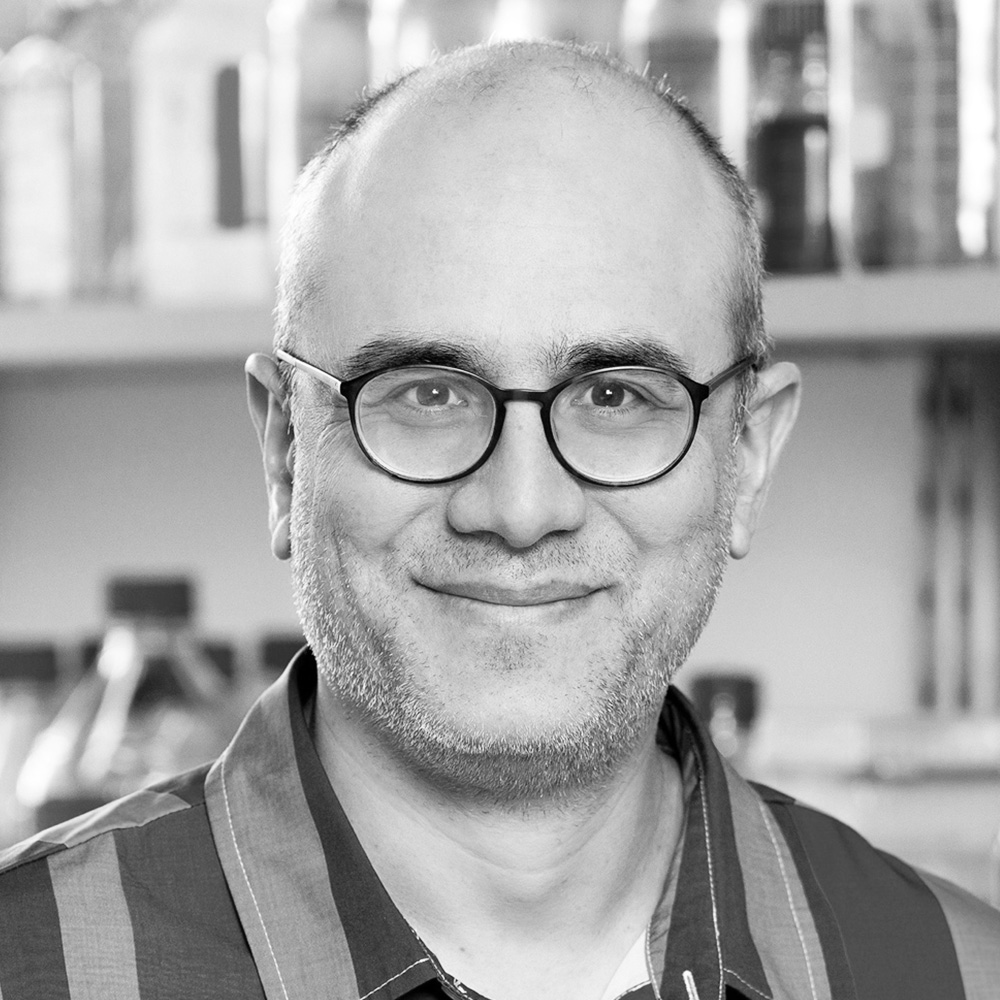 | Alejandro Burga | The impact of genomic conflict and selfish elements on molecular innovation | Institute of Molecular Biotechnology of the Austrian Academy of Sciences | Vienna, AT |
 | Alexander Borodavka | Unlocking RNA secrets: How viruses build their segmented RNA genomes | University of Cambridge | Cambridge, GB |
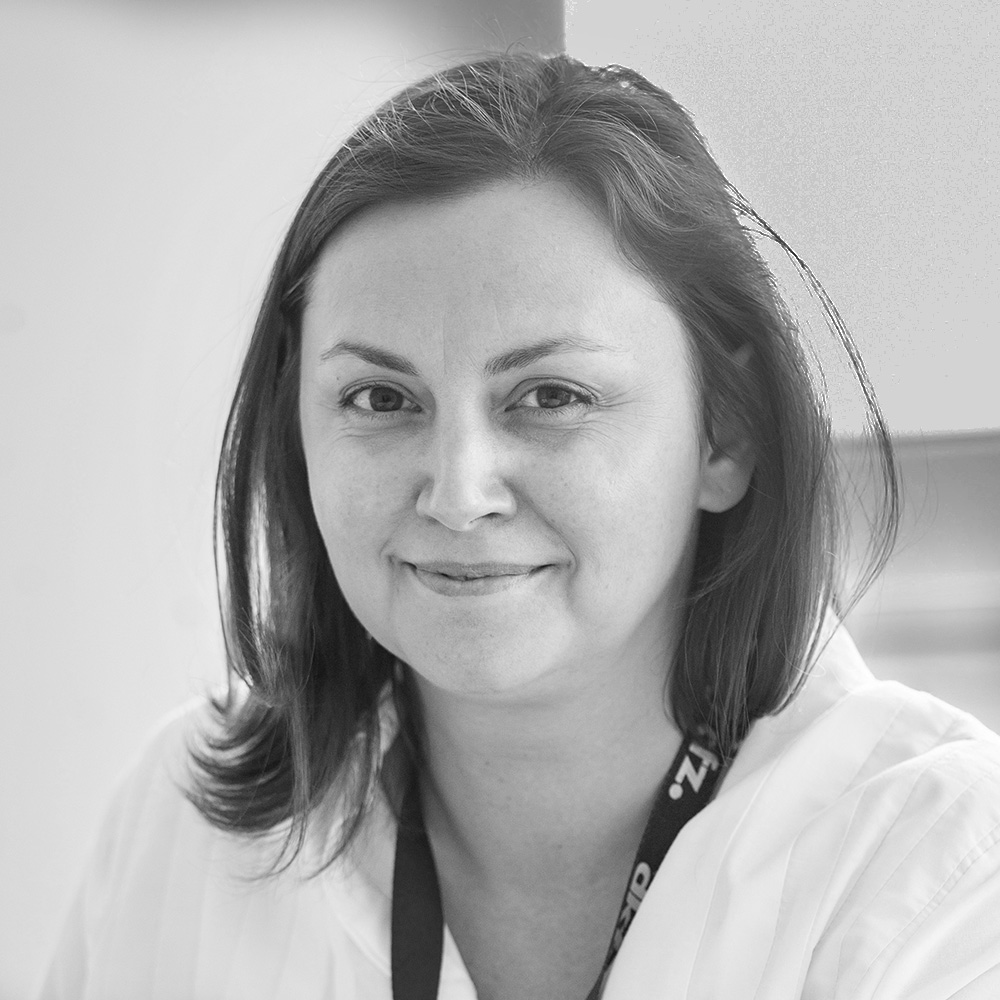 | Ana Banito | Understanding sarcoma biology to improve the outcome of pediatric patients | German Cancer Research Center | Heidelberg, DE |
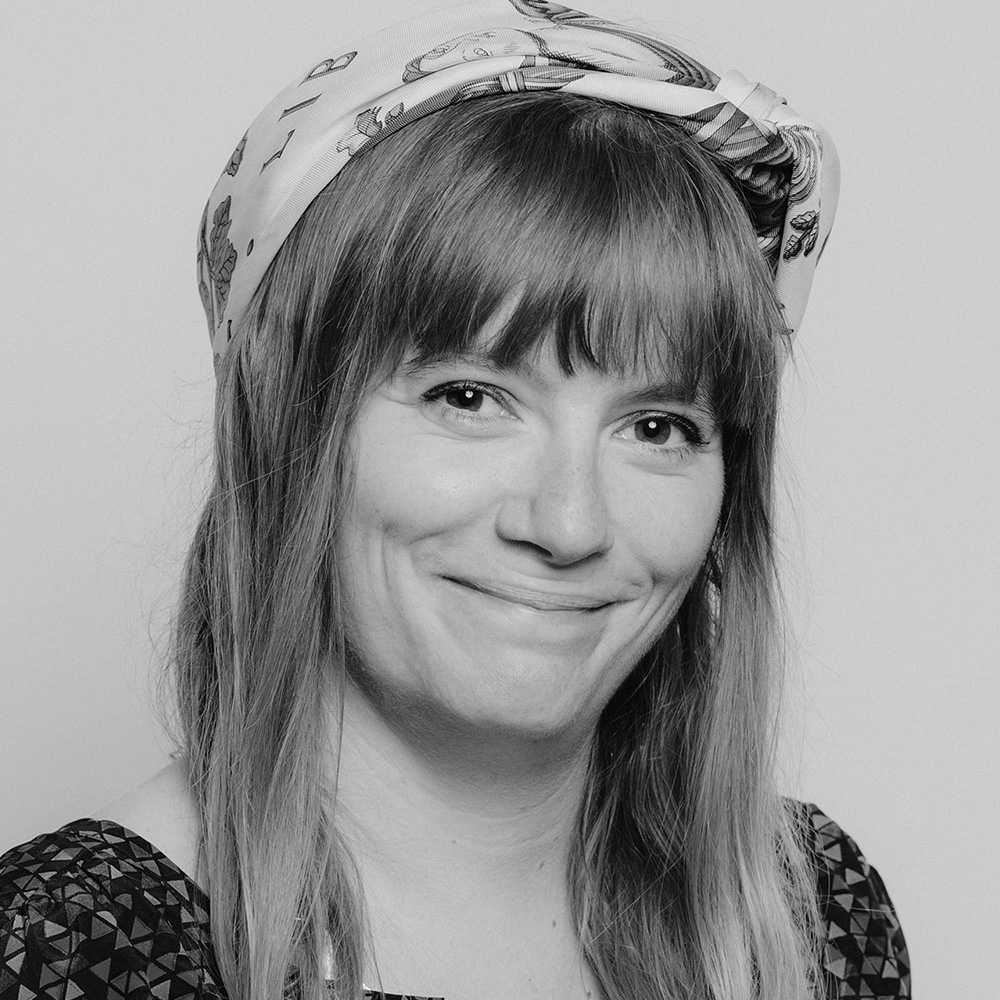 | Aude Bernheim | Exploring the conservation of anti-viral defense across domains of life | Institut Pasteur | Paris, FR |
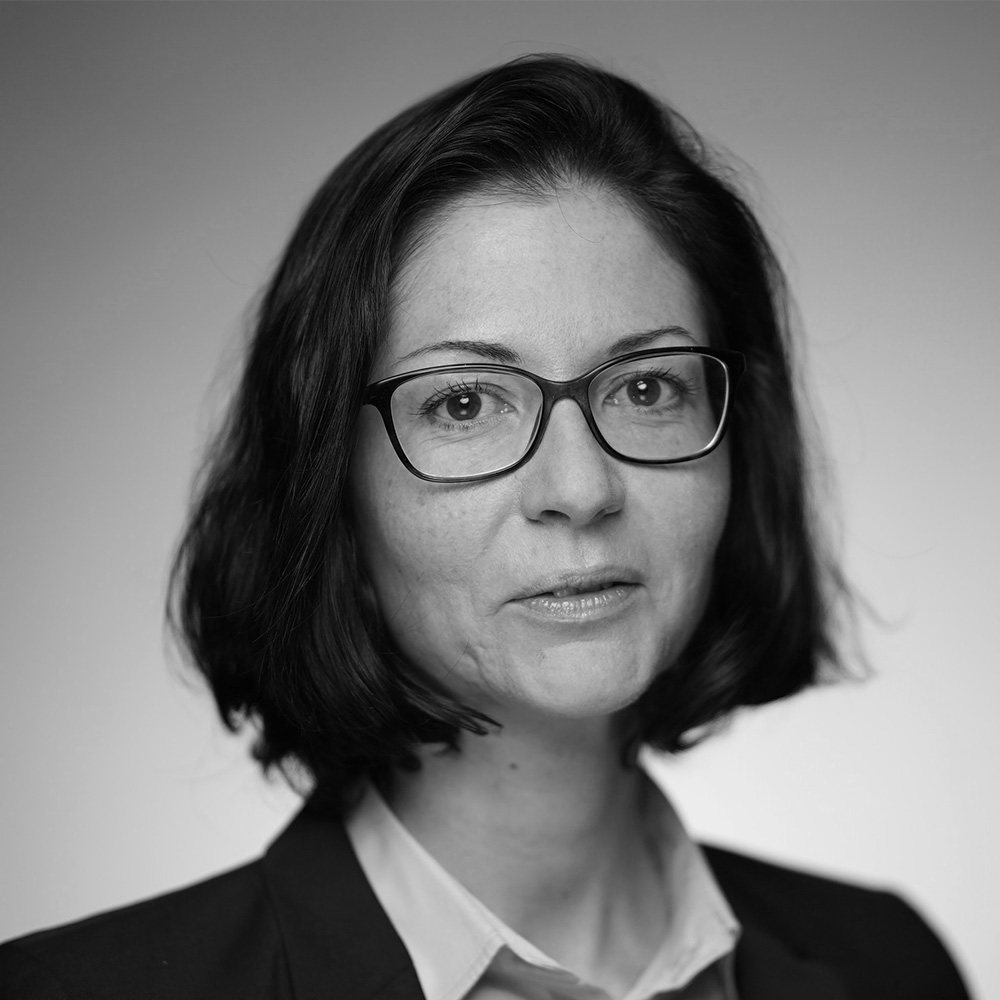 | Aurélie Ernst | Deciphering the molecular mechanisms underlying chromothripsis | German Cancer Research Center | Heidelberg, DE |
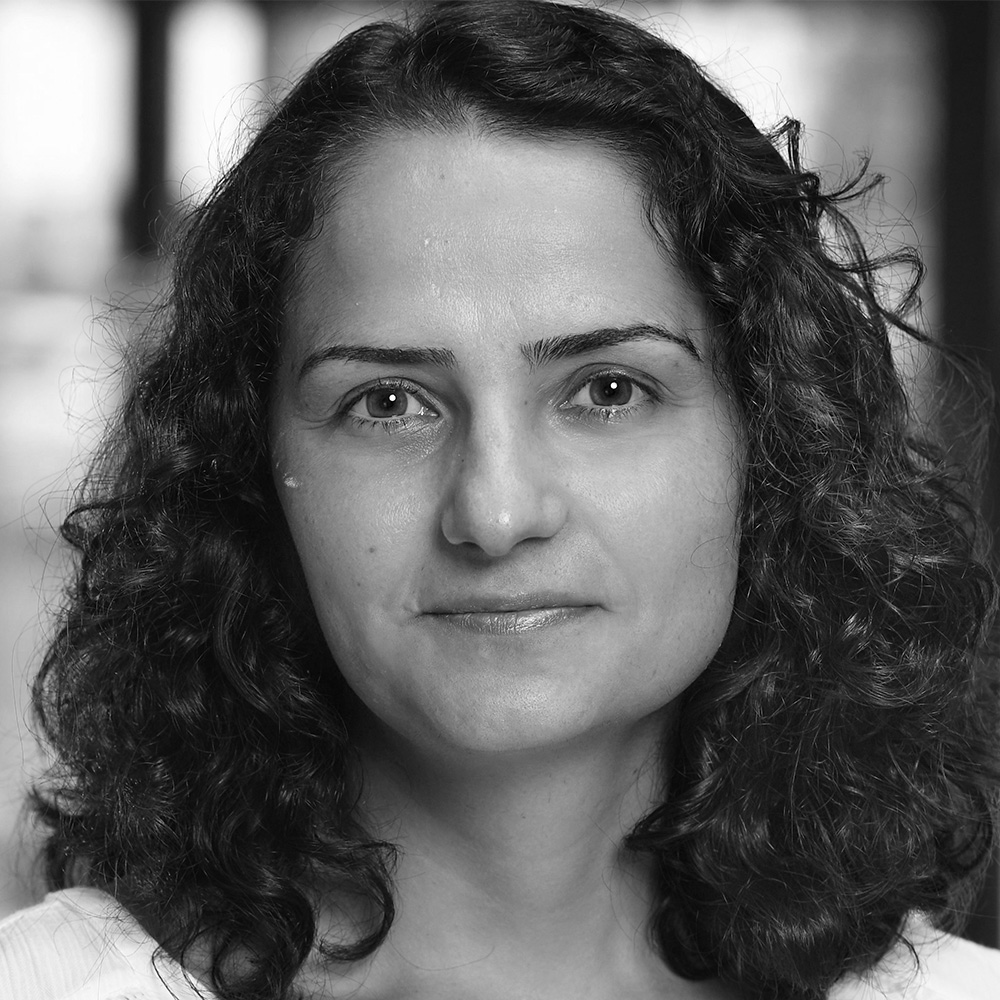 | Aydan Bulut Karslioglu | Decoding the cellular transition in and out of dormancy | Max Planck Institute for Molecular Genetics | Berlin, DE |
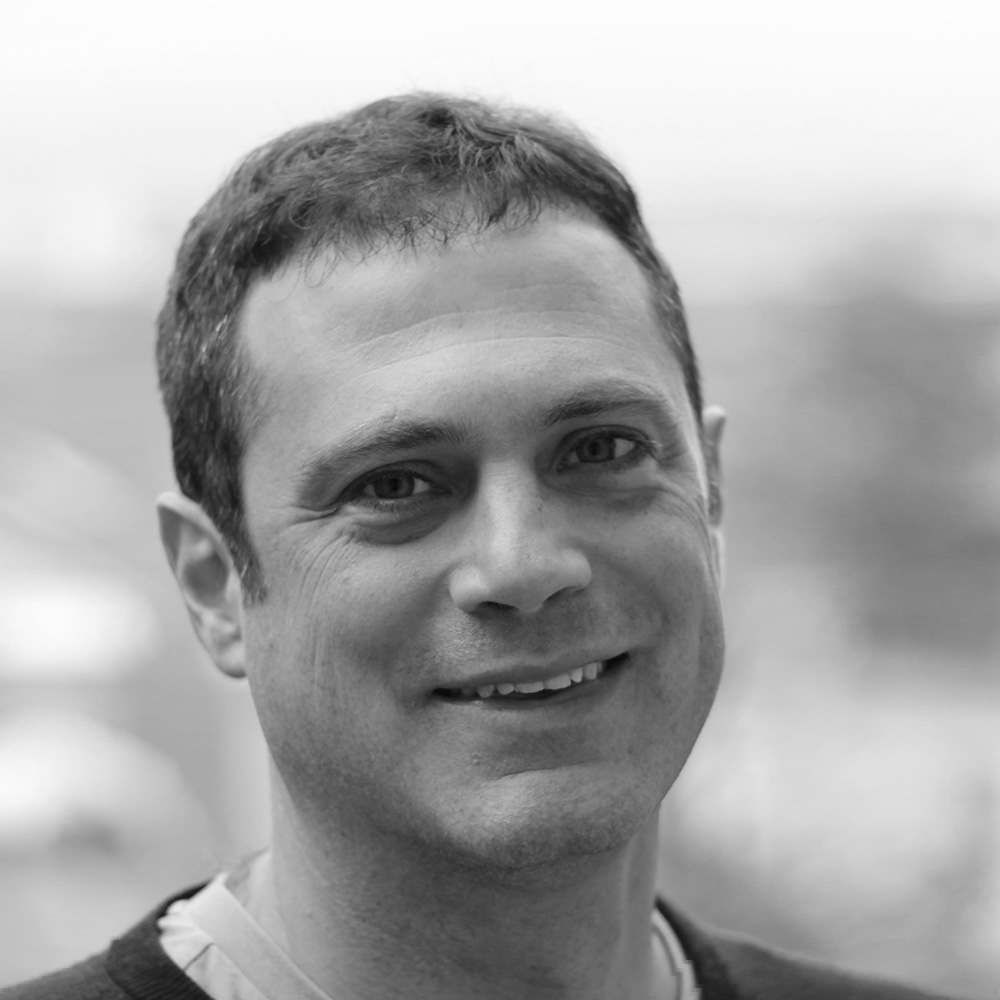 | Benjamin Towbin | Growth control from cells to organisms | University of Bern, Institute of Cell Biology | Bern, CH |
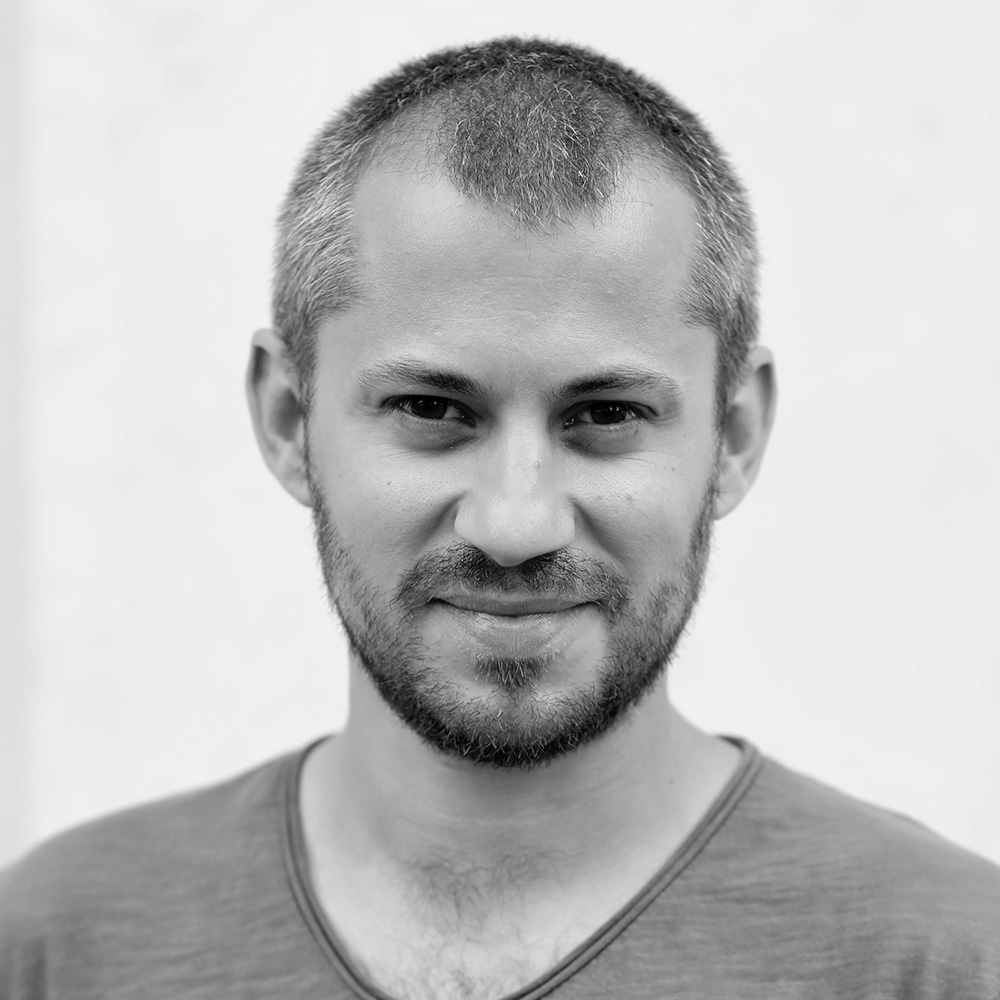 | Bruno Hudry | The importance of cellular sex in physiology and the underlying mechanisms | Institute of Biology Valrose | Nice, FR |
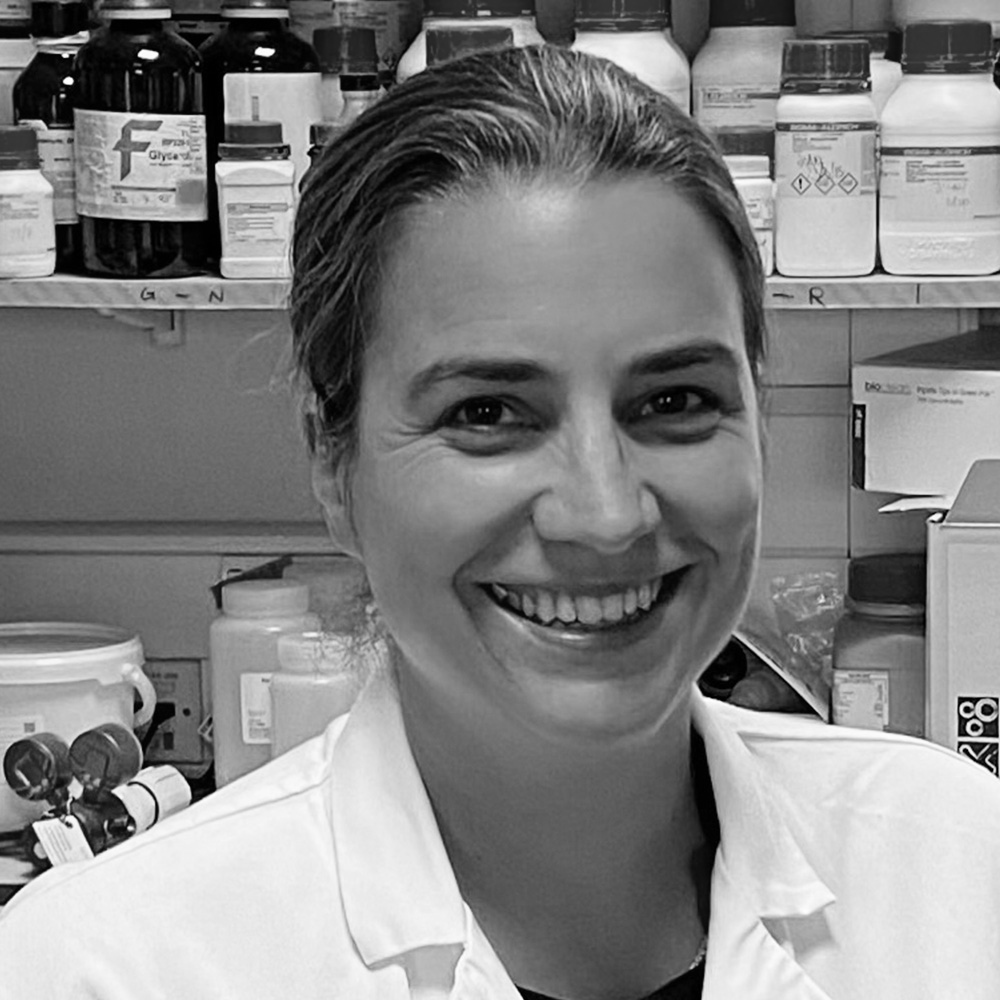 | Charlotte Odendall | From danger to action: calcium and interferon at the host pathogen interface | King's College London | London, GB |
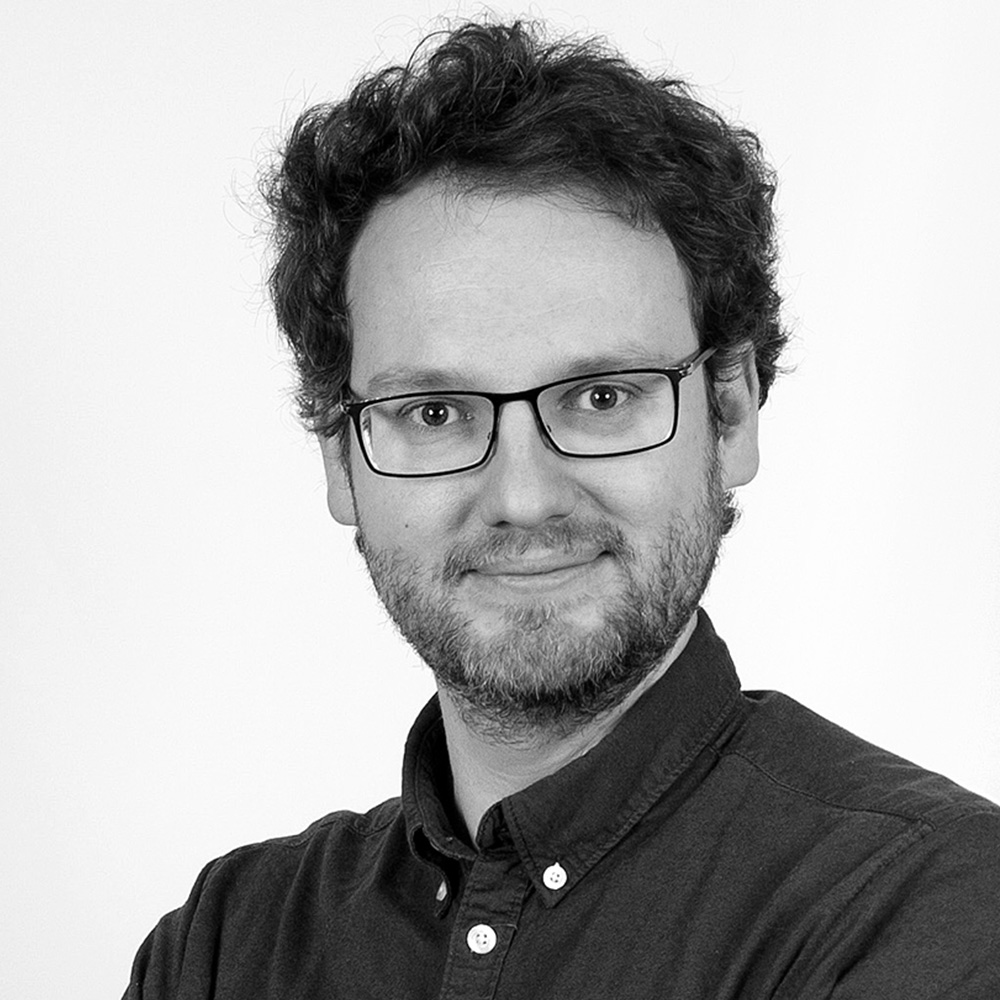 | David Haselbach | Adaptation of molecular machines to cellular context and tasks | Research Institute of Molecular Pathology | Vienna, AT |
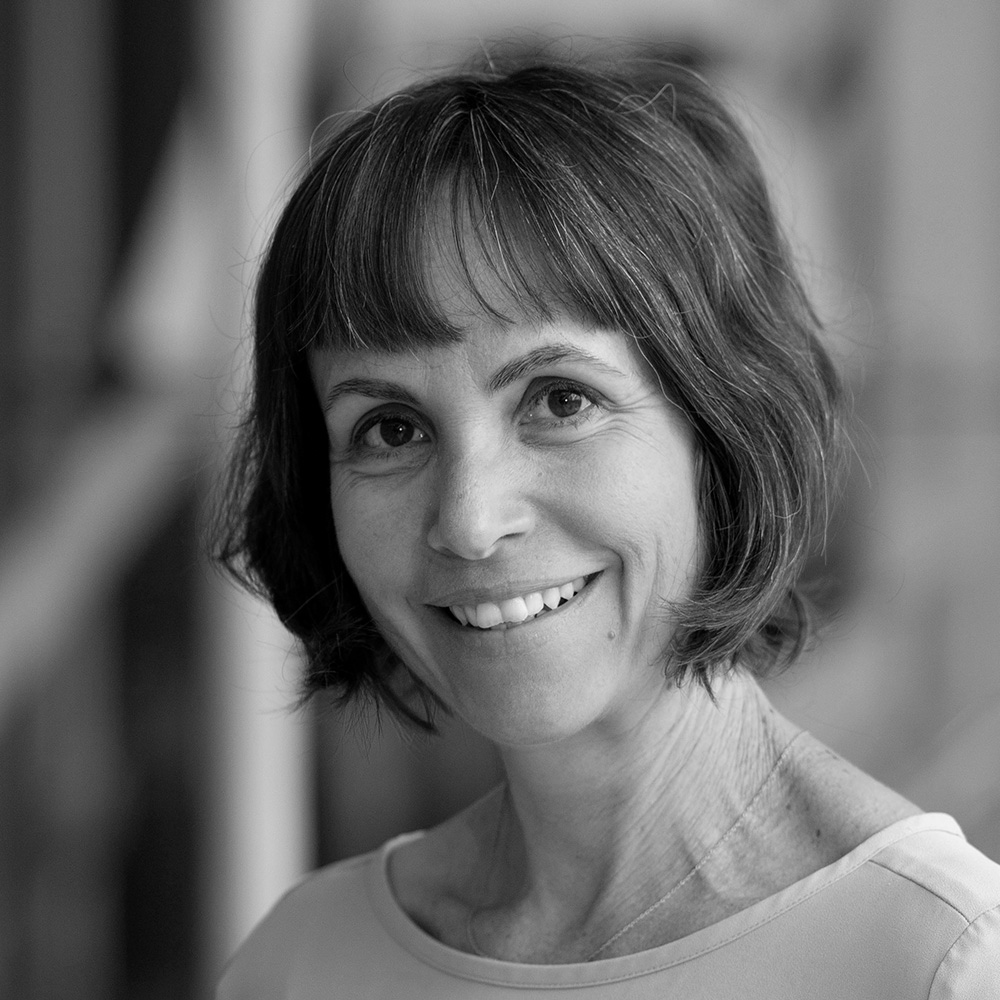 | Einat Segev | Molecular mechanisms of microbial interactions in a biogeochemical context | Weizmann Institute of Science | Rehovot, IL |
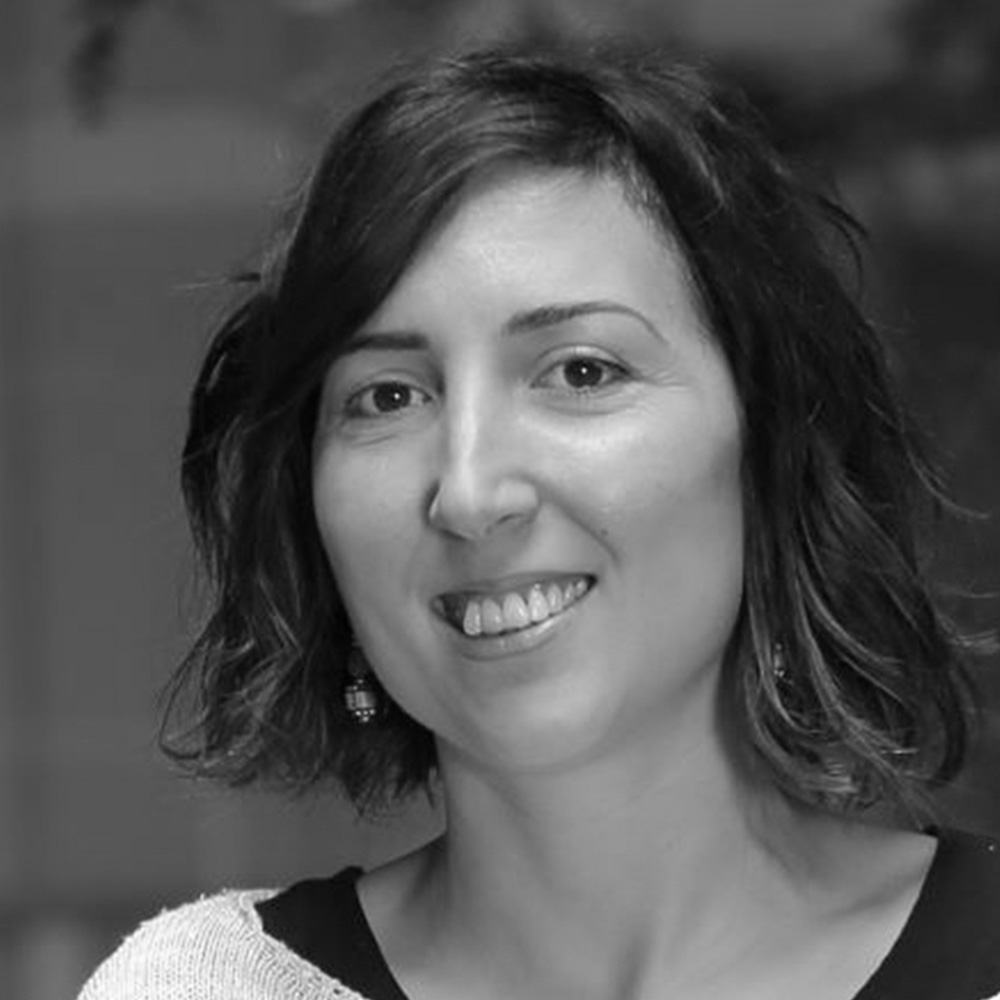 | Eva Maria Novoa | Epitranscriptomics and RNA dynamics | Centre for Genomic Regulation | Barcelona, ES |
 | Francesca Mattiroli | Mechanism of chromatin assembly during DNA replication | Hubrecht Institute | Utrecht, NL |
 | Gaurav Ahuja | Functional elucidation of the dark molecules of life | Indraprastha Institute of Information Technology Dehli | New Delhi, IN |
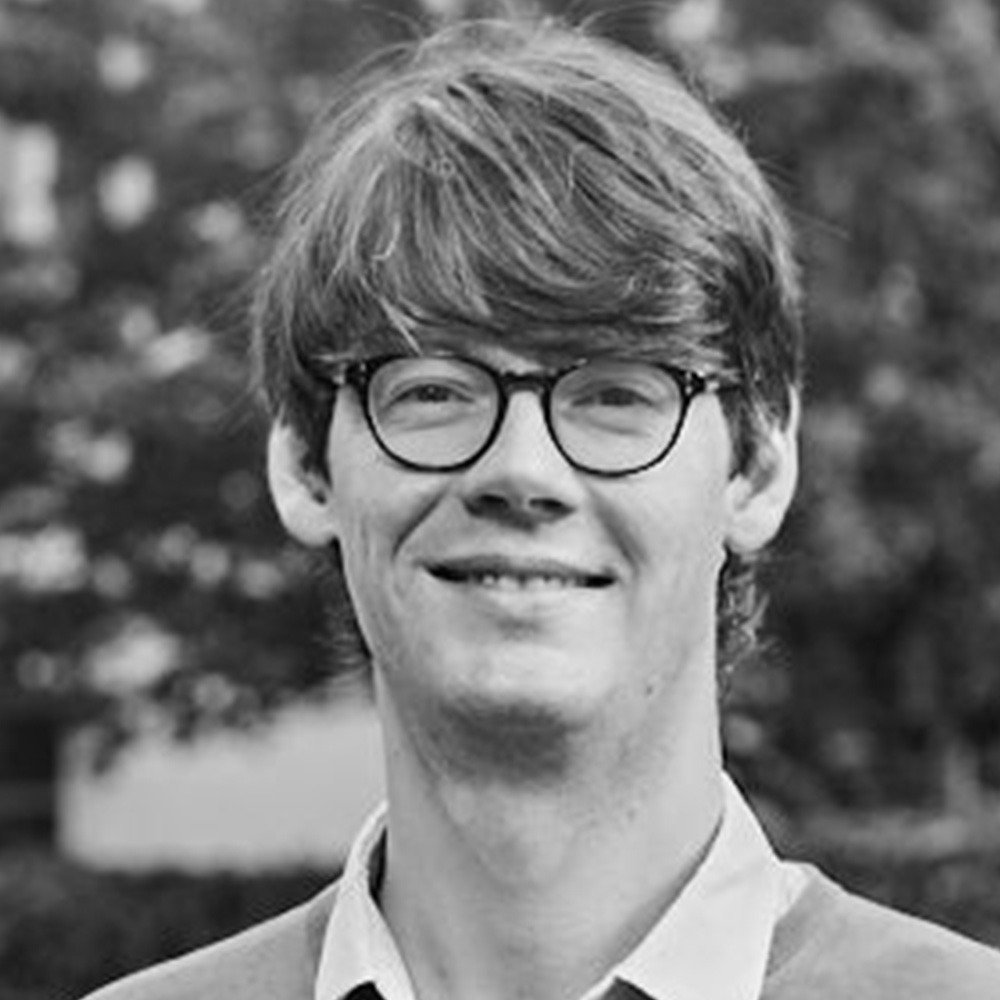 | Georg Hochberg | Unravelling biochemical history by resurrecting ancient proteins | Max Planck Institute for Terrestrial Microbiology | Marburg, DE |
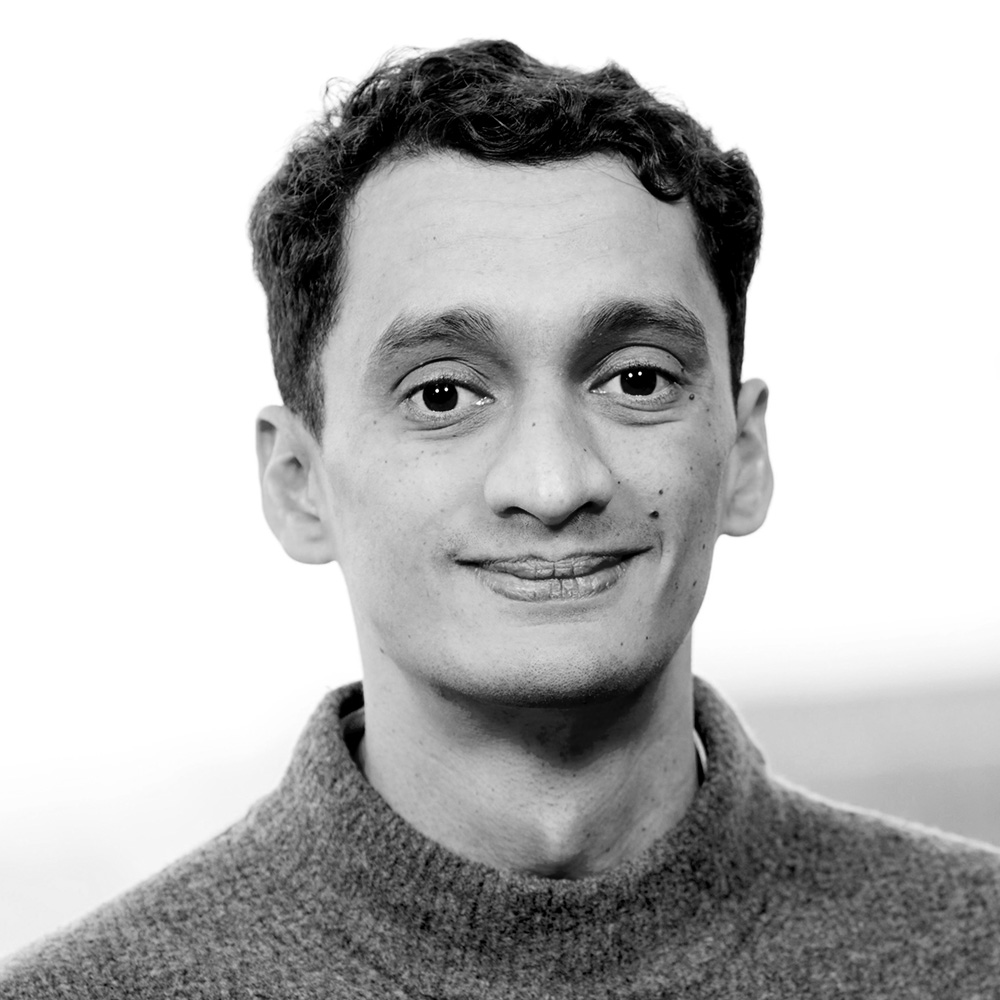 | Hassan Salem | Host adaptation in light of symbiont metabolic variation | Max Planck Institute for Biology | Tübingen, DE |
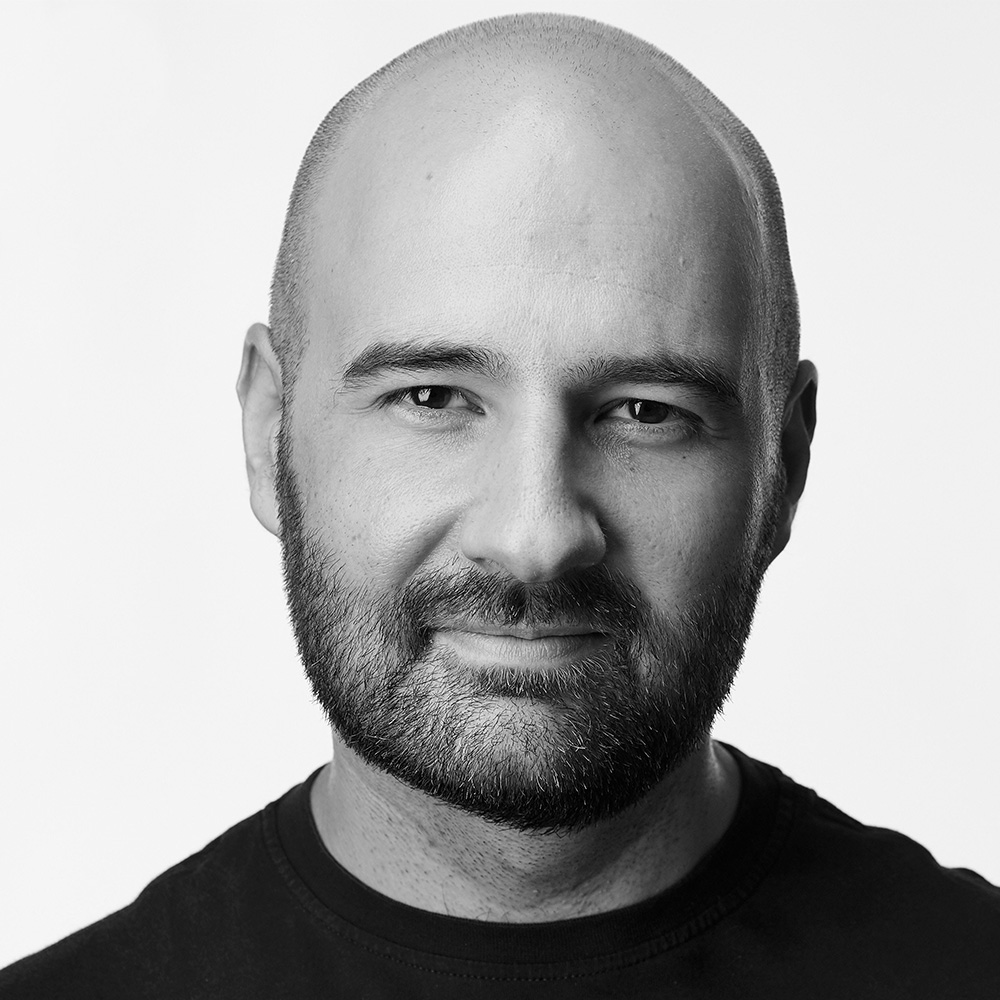 | James Lightfoot | Investigating the evolution of behavioural traits: from genes to circuits | Max Planck Institute for Neurobiology of Behavior | Bonn, DE |
 | Jan Schuller | CO2 fixation and energy conservation in the ancient Wood-Ljungdahl pathway | The Philipps University of Marburg | Marburg, DE |
 | Leif Ludwig | Clonal dynamics, fate and somatic mitochondrial evolution in human hematopoiesis | Berlin Institute of Health at Charité Universitätsmedizin Berlin and Max-Delbrück-Center Berlin | Berlin, DE |
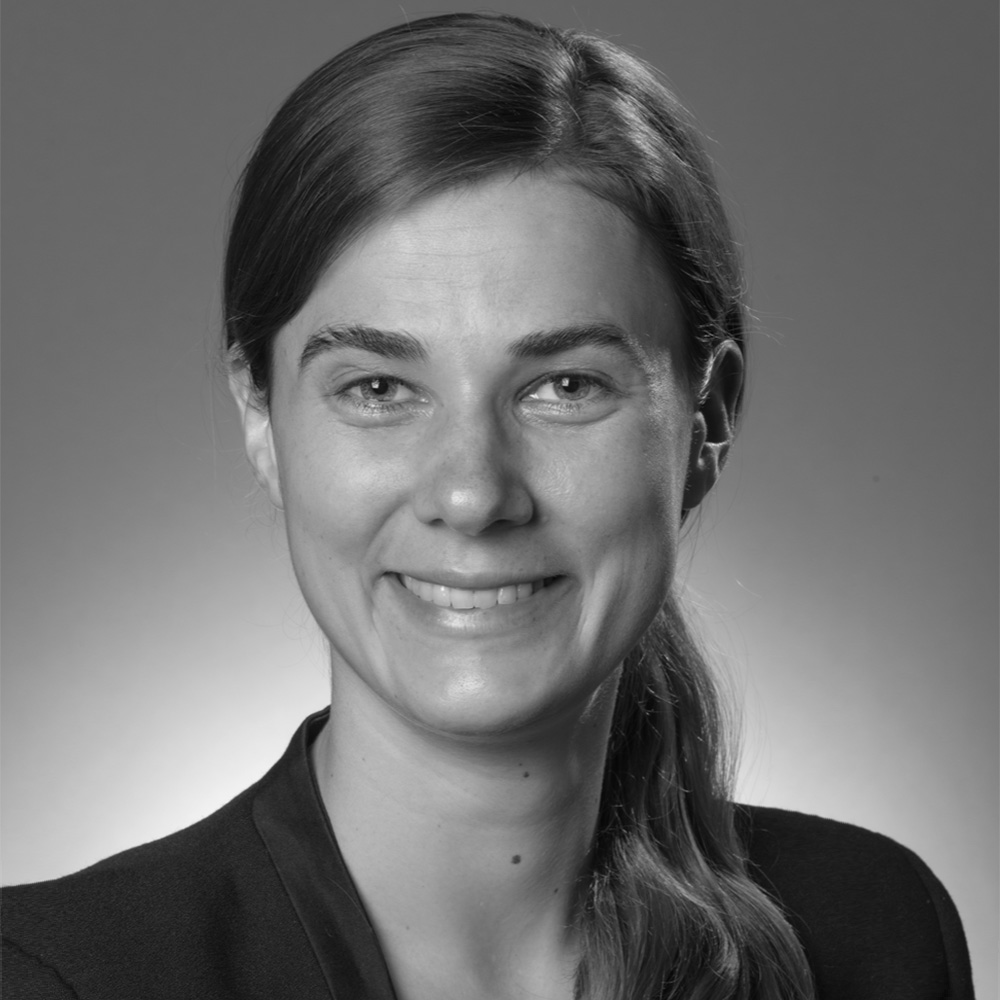 | Marieke Oudelaar | Genome organization and regulation | Max Planck Institute for Multidisciplinary Sciences | Göttingen, DE |
 | Miriam Stoeber | Spatiotemporal logic of GPCR signal transduction | University of Geneva | Geneva, CH |
 | Naomi Moris | DEMOs: Developmental models for understanding mammalian embryogenesis | The Francis Crick Institute | London, GB |
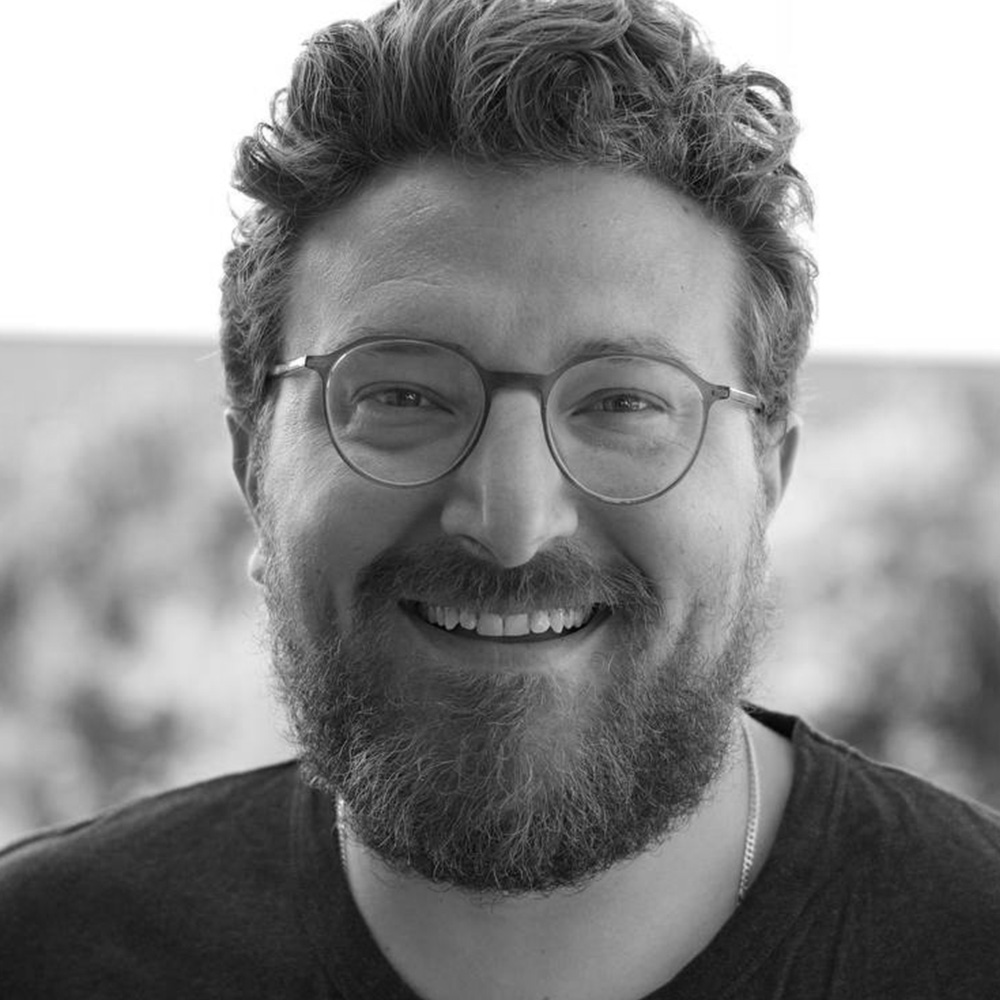 | Omaya Dudin | Pre-metazoan mechanisms of multicellular development | Swiss Federal Institute of Technology Lausanne (EPFL) | Lausanne, CH |
 | Payam Gammage | Defining the role of mtDNA mutation in cancer | University of Glasgow and the Cancer Research UK Scotland Institute | Glasgow, GB |
 | Rejane Rua | Immunosurveillance of the central nervous system | Centre d’Immunologie de Marseille-Luminy | Marseille, FR |
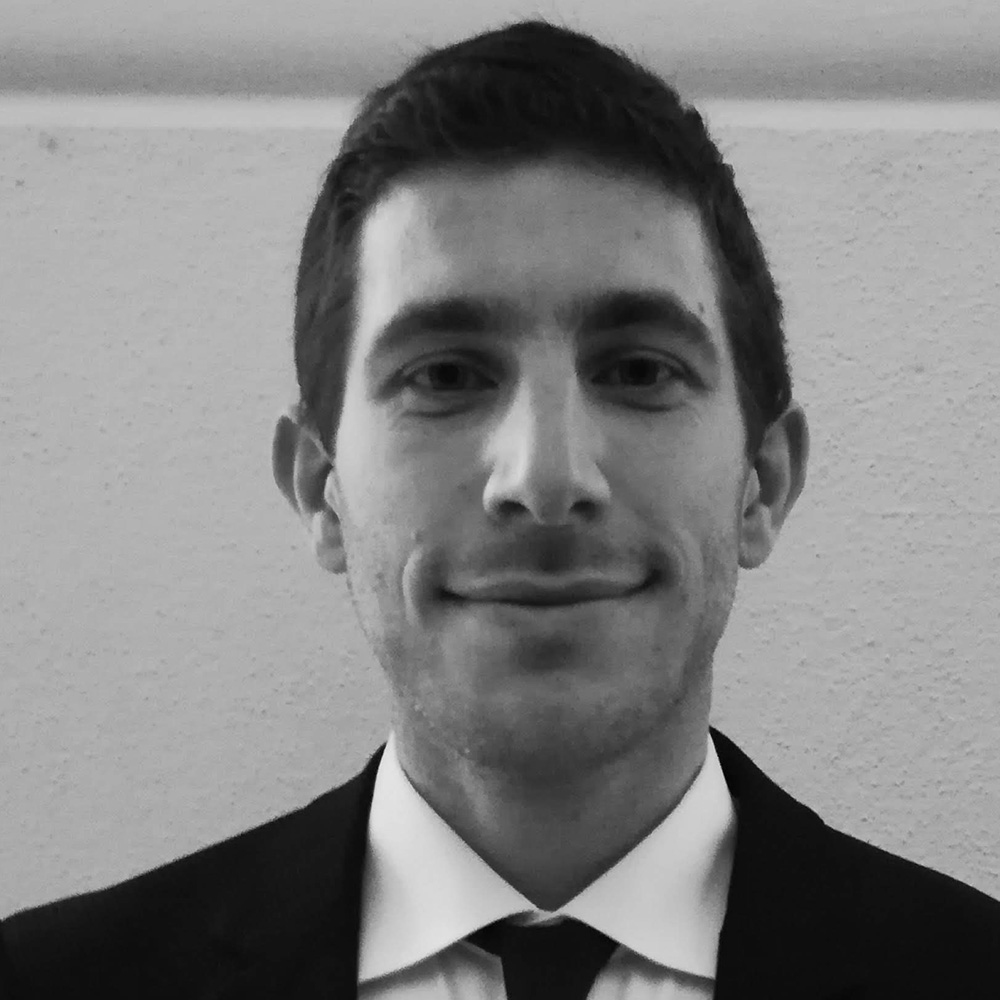 | Tommaso Patriarchi | A new optogenetic toolbox to unravel the brain mechanisms of depression | University of Zurich | Zurich, CH |
